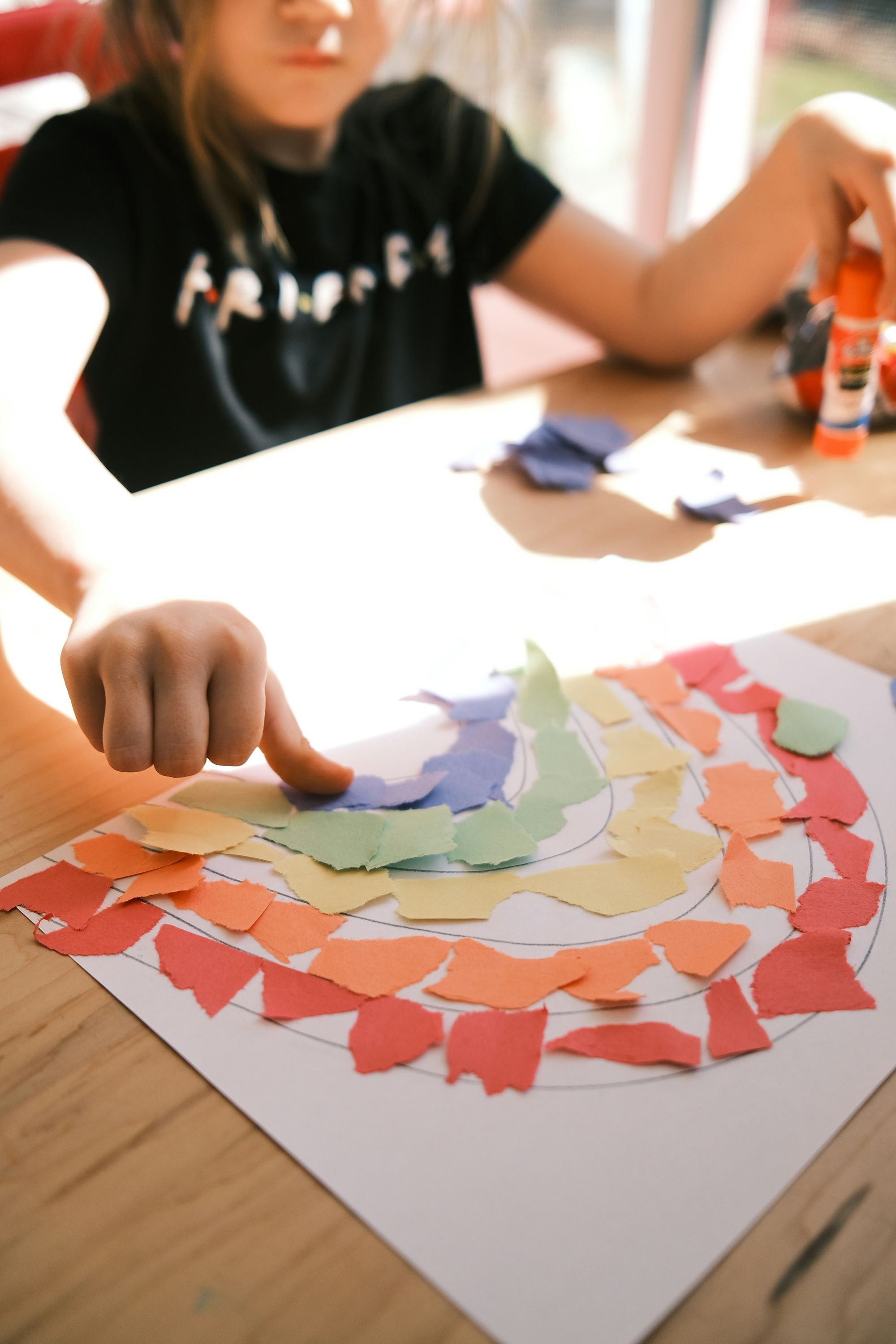Our Approach To Supporting Kids & Teens With Oppositional Defiance Disorder.
At Unbound Minds, we focus on evidence-based strategies that build cooperation, emotional regulation and stronger relationships.
Support can include:
- Parent Management Training: Gives parents practical tools to respond to challenging behaviour and encourage positive changes.
- Cognitive Behavioural Therapy (CBT): Helps kids understand the link between thoughts, feelings and actions, and develop healthier responses.
- Emotional Regulation Skills: Teaches strategies for calming down, managing frustration and expressing emotions constructively.
- Problem-Solving Skills: Builds the ability to think through conflicts and find better ways to cope.
- Family Coaching: Strengthens communication and teamwork so home life feels less like a battleground.
- Strengths-Based Identity Work: Encourages kids to see themselves as capable and valued, not defined by their defiance.
We work with families, teachers and communities to ensure support is consistent across environments.



.jpg)


